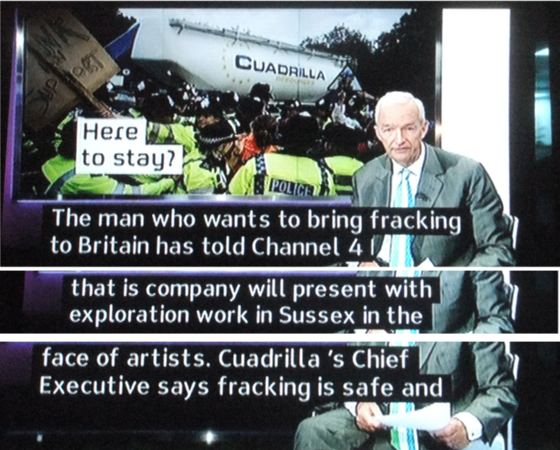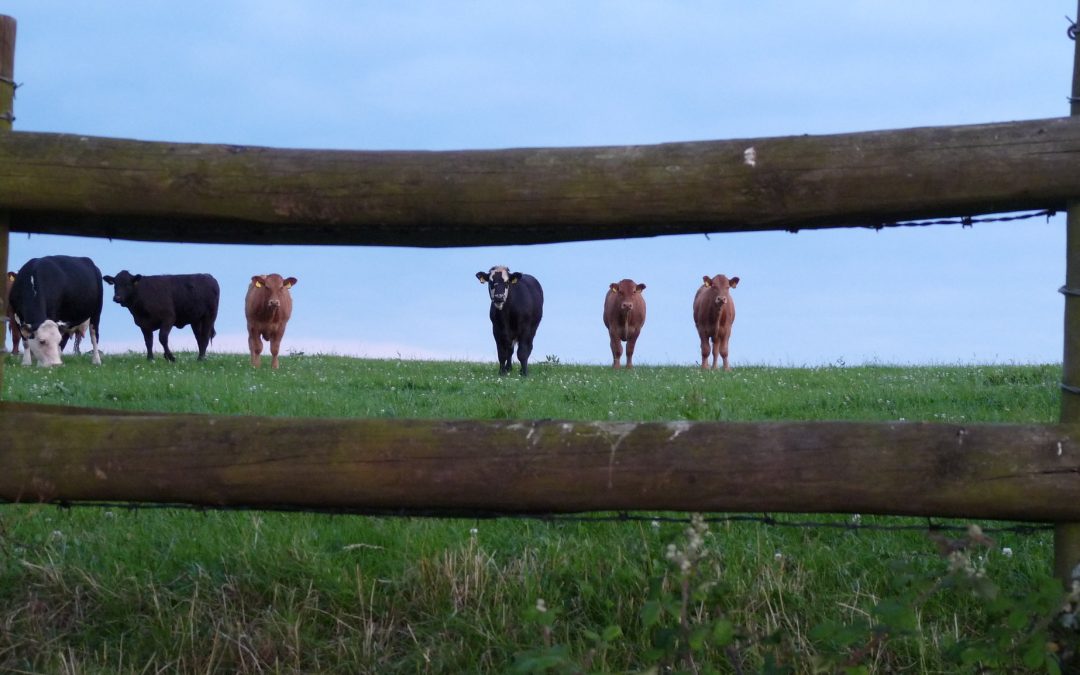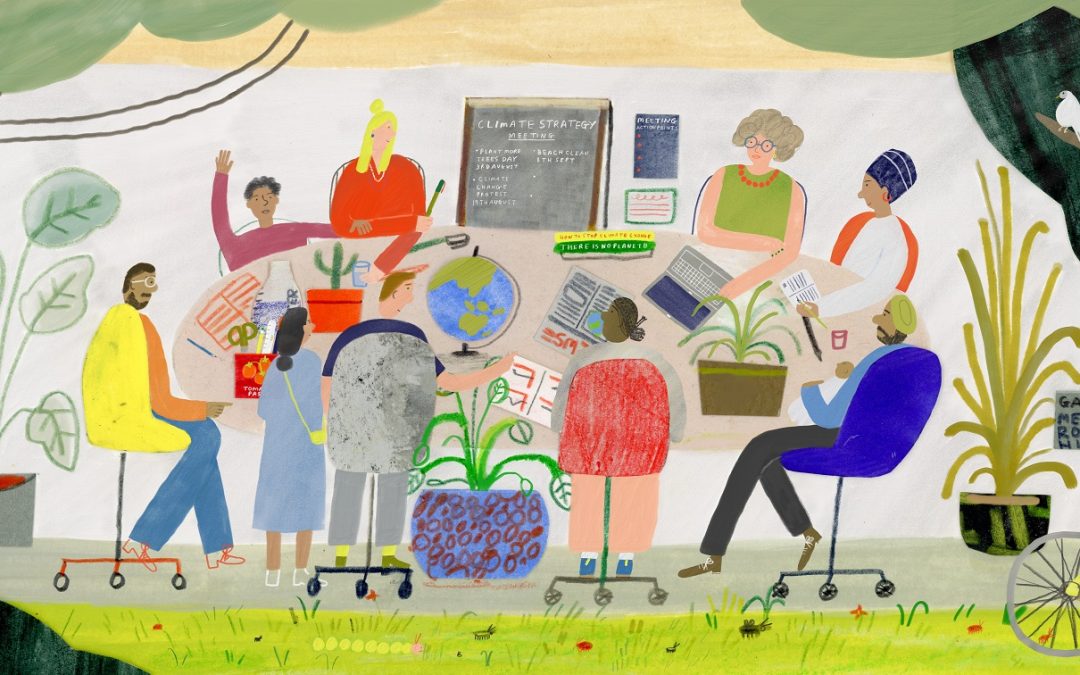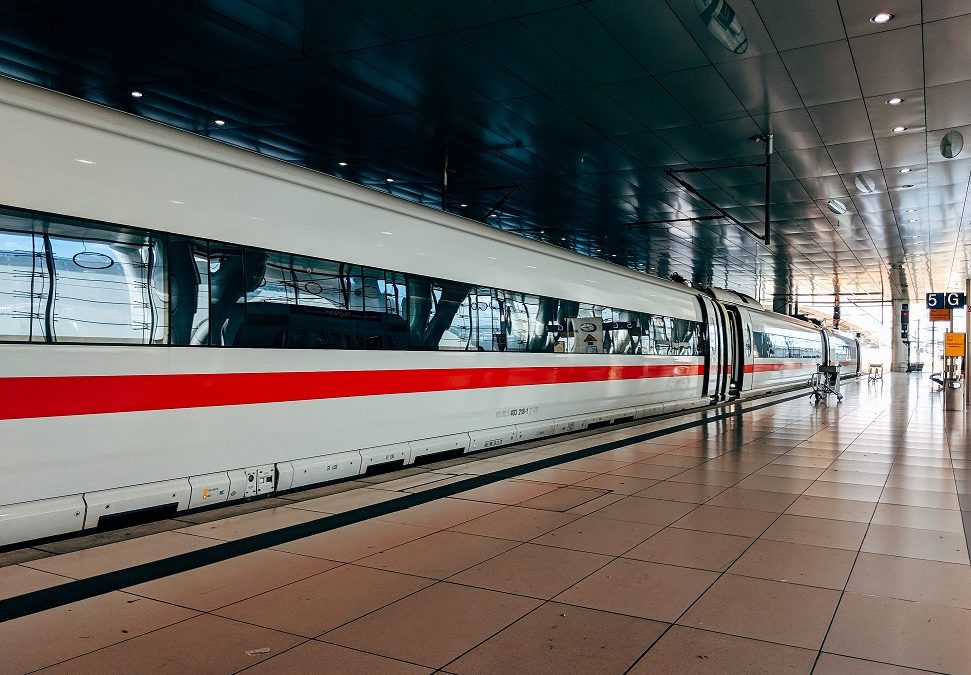Matthew Paterson, Stanley Wilshire, and Paul Tobin discuss the types of ANZP rhetoric and important lessons to learn from its (modest) successes.


Matthew Paterson, Stanley Wilshire, and Paul Tobin discuss the types of ANZP rhetoric and important lessons to learn from its (modest) successes.

Steffen Hirth provides an overview of recent discussions on creating a more sustainable agri-food system and human & nonhuman habitats for planetary and human health.

Matthew Paterson and Jacqueline Best discuss the prospects of central banks taking a more active role in climate policy.

Catherine Walker, Kit Marie Rackley, and Nerida Jolley analyse how climate change education can address rather than exacerbate eco-anxiety.

Matthew Paterson and Charlotte Weatherill discuss hidden infrastructures that exist as barriers to replacing flights with train travel.
Sherilyn MacGregor and Nafhesa Ali examine how achieving net-zero targets will benefit from the inclusion of racialized minority communities in policy debates.
During March 2019 the Sustainable Consumption Institute held a series of activities around sustainability education and hosted Rachel Trajber, Cemaden (National Monitoring and Early Warning and Centre of Natural Disasters).
With the school children’s #ClimateStrike movement reaching the UK, Catherine Walker explores how children are framed in climate change discourse and asks how can children moves us beyond our current political impasse?